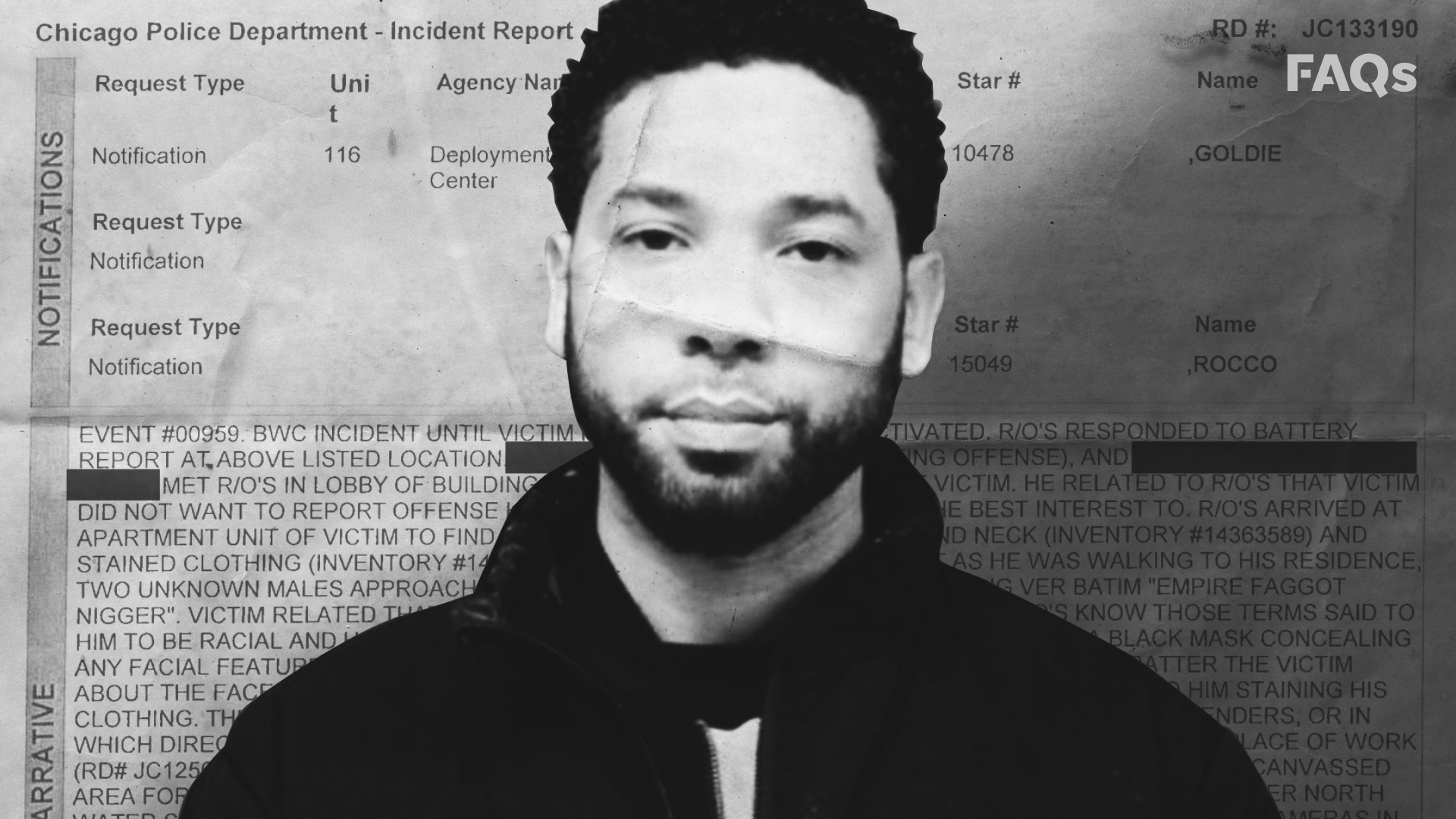LOOKS LIKE ME

Today, there’s more diversity present in popular media because the discourse on representation over the years has pushed people to take it seriously. However, even though more people understand what it is, many still struggle to understand the importance and relevance of representation. Therefore, we’ve put together a short article on why representation matters so that everyone can start caring a little more.
Why Are People So Quick to Reject the Representation of Minorities?
The problem comes from the accepted understanding of what is normal and what isn’t. English-speaking, white, and heterosexual characters are so common that they’ve now been considered normal by most people, especially by those who belong to those groups. Including characters that don’t belong from that very specific group, i.e., people of color, not cis-gendered individuals, and people who are differently abled, is considered to be deviating from the norm. Consequently, this often results in outrage on the internet by most people who belong to the privileged and overrepresented group. They often think that movies, TV shows, video games, and other media include a diverse cast just for the sake of diversity. These comments are common even when the actor is exceptional at what they do.
Representation Increases Relatability
Representation increases how much the audience can relate to a character. Think about the introduction of a character like Spider-Man. Now, even though Spider-Man is a white, able-bodied, and cis-heterosexual man, his character was deviating from the norm at the time.
In the 60s, and before that, superheroes were often uber-masculine and grossly wealthy men who possessed an immense amount of power even when they didn’t don a cowl, or hang a cape on their backs (e.g. Batman and Superman). On the contrary, Peter Parker (the man under Spider-Man’s mask) was a regular kid from Queens, New York, who got picked on in school, and whose family didn’t have a lot of money. A lot of readers could relate to Peter Parker because he had regular problems just like them.
Representation Enables a Sense of Belonging
Representation enables people to feel like they belong in this world. Because there are so many stories that don’t represent minorities, it’s easy for people from minority groups to feel like they don’t belong in society. A lot of the contexts in stories are modeled after real societies and cultures. Therefore, when you’re unable to see yourself in any fictional universes, you struggle to find your place in this world. That, in itself, can take a toll on how people of minority groups feel about their individual and collective identities.
The only way to move forward is to break down the accepted idea of normalcy by including as much diversity as we can in popular media and culture. Even if we may think that a certain actor was given a part because the producers of a film or TV show needed more diversity in said media, we should give those actors a chance. Odds are they are good at what they do. We have to understand that representation matters; there are no two ways about it. We enjoy seeing people we can relate to – we always do and we always will.







